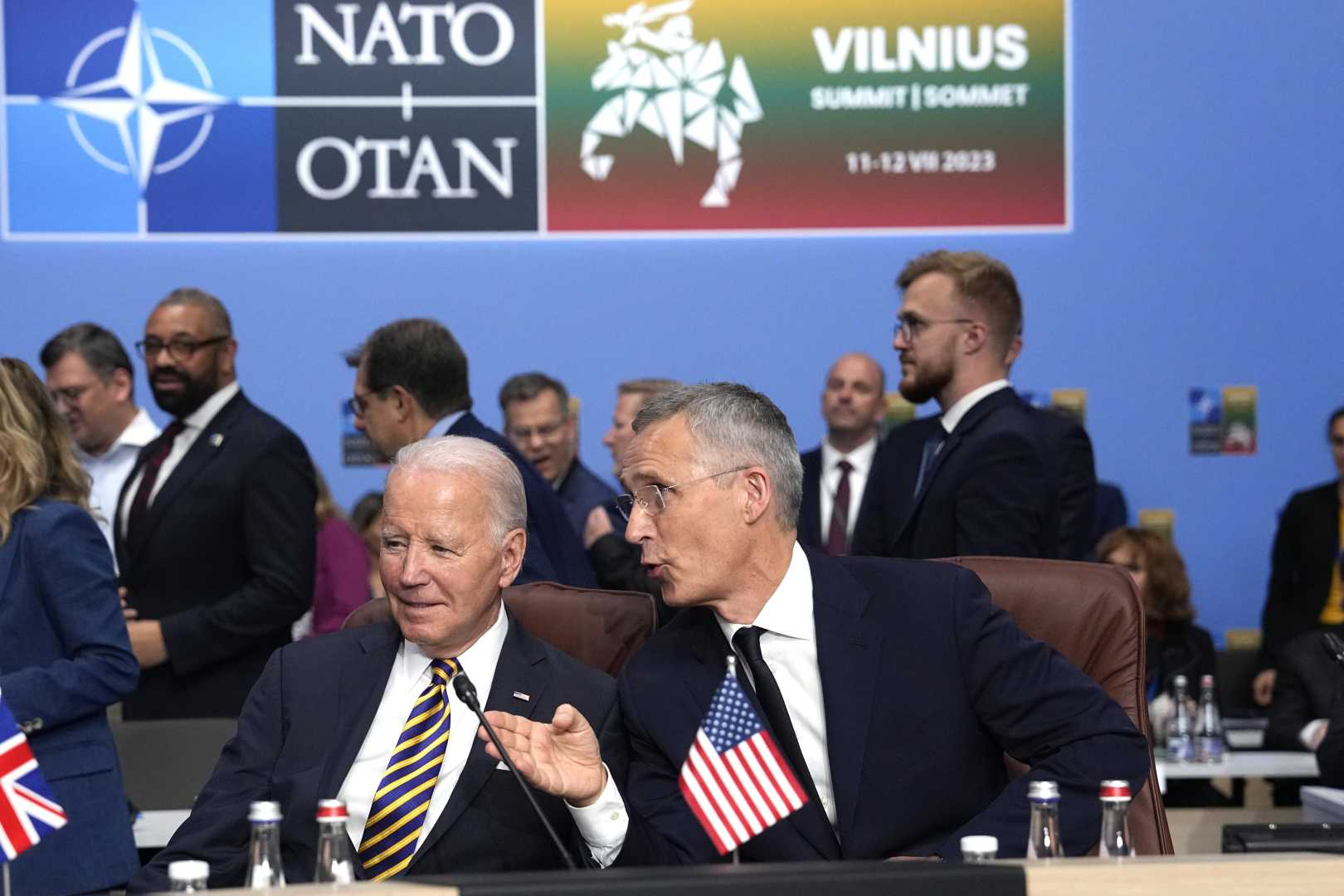News
New Intelligence Reopens Debate on Havana Syndrome Origins

Two years after U.S. intelligence analysts concluded that Havana syndrome was not the result of a foreign adversary’s energy weapon, new information has reignited the debate. A recent report suggests that two intelligence agencies now believe there is a possibility that a foreign actor could be responsible for the mysterious ailment affecting U.S. diplomats and intelligence officers.
Havana syndrome, first reported in 2016, involves symptoms such as dizziness, nausea, and chronic pain, often following a sudden onset of ringing in the ears and head pressure. Initially, many victims believed they were targeted by a deliberate attack, possibly involving an acoustic or energy weapon. However, a 2023 CIA-led report dismissed this theory, concluding that no foreign adversary was responsible.
Recent developments have challenged this conclusion. In November, senior Biden administration officials met with victims in the White House Situation Room, signaling a shift in perspective. Officials expressed concerns that the earlier report may have been too quick to dismiss the possibility of a deliberate attack. They also highlighted the inadequate medical care provided to victims, many of whom have been left unable to work.
Marc Polymeropoulos, a CIA officer injured in Moscow in 2017, praised the National Security Council for its support of victims. “The NSC has been a long-standing champion for us,” he said. The meeting also discussed new intelligence suggesting that foreign actors may be advancing research into energy weapons capable of causing the symptoms associated with Havana syndrome.
An independent panel of experts convened by the intelligence community had previously suggested that pulsed electromagnetic energy, particularly in the radiofrequency range, could cause such symptoms. This theory, overshadowed by the 2023 report, is now being reconsidered.
The Office of the Director of National Intelligence recently released an update to the 2023 report, indicating that two intelligence agencies have shifted their stance. While they do not definitively blame a foreign actor, they now consider it possible that a small number of cases were caused by a foreign adversary. One agency assessed a “roughly even chance” that a novel weapon was used, while another suggested that such a weapon might exist but has not yet been deployed.
This shift, though subtle, marks a significant departure from the earlier consensus. Five of the seven intelligence agencies involved in the report maintain their original position, but the change reflects growing uncertainty within the intelligence community. Sources suggest that intercepted communications may have revealed progress in foreign energy weapon research, prompting the reassessment.
The geopolitical implications are profound. If a foreign power, such as Russia, were found responsible for targeting U.S. personnel, it could compel Washington to respond forcefully. The Biden administration has emphasized its commitment to investigating the issue and supporting victims, regardless of the cause.
As the debate continues, the mystery of Havana syndrome remains unresolved. For the victims, the new developments offer a glimmer of hope that their suffering may finally be acknowledged and addressed.












